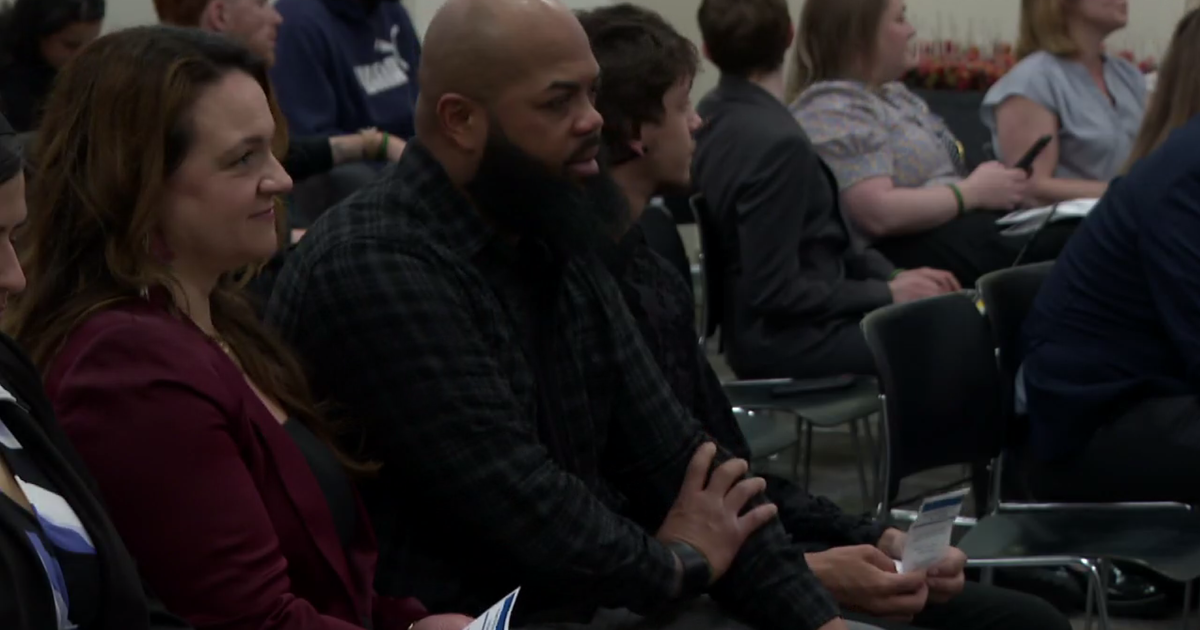Fresh Starts: Skokie Mental Health Court Helps Participants Wipe Slate Clean

Breaking Barriers: A Compassionate Approach to Justice and Mental Health
Mental Health Court offers a transformative two-year program designed to support individuals whose nonviolent criminal offenses stem directly from underlying mental health challenges. This innovative court provides a unique alternative to traditional criminal prosecution, focusing on rehabilitation, treatment, and community reintegration.
Participants in the program are carefully selected based on their specific circumstances, with a primary goal of addressing the root causes of their criminal behavior. Instead of punitive measures, the Mental Health Court emphasizes comprehensive mental health treatment, counseling, and support services that help individuals regain stability and rebuild their lives.
By recognizing that mental illness can significantly impact decision-making and behavior, this specialized court system offers a more humane and effective approach to justice. Participants receive personalized care plans, regular court check-ins, and access to critical resources that support their mental health recovery and reduce the likelihood of future criminal involvement.
The program represents a progressive shift in understanding criminal behavior, acknowledging that compassion and targeted intervention can be more powerful tools for societal healing than traditional punitive approaches.
